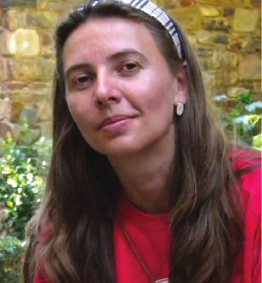
The Battle of Two Agriculture Models
On one side — we have agribusiness: large-scale, monoculture production, based on technology and chemicals. Agribusiness is an agriculture without farmers. Practically the only people who live on the land in Brazil these days are the security guards responsible for the property — the workers live on the outskirts and on the margins of the property. Agribusiness investors see the land as a machine that produces profit, no matter what will be produced, to be used until exhaustion — their decisions have nothing to do with people who need and live off the land.
Industrial agriculture, led by agribusinesses, is a technological package: the same set of technologies is used the same way in all regions with no regard for local differences or the people’s skills and knowledge. It does not create a harmonious relationship between the Earth and humans, but for us, the peasants, the Earth is where we get everything we need.
Agroecology is a diverse, pluralinitiative, with practices generated byand from the geography and historyof each people in each place.
At the other end we have agroecology: where the ownership and possession of land may be individual or collective, but always with participatory and local decisions about what, how and when to produce. Every place in the world must build its own agroecology. It cannot be implemented from outside or from above. Agroecology is a path for better relations between women, men, young children, and the elderly. Agroecology must be an alliance between the countryside and the city, and it must be part of the social movements for structural changes against racism and for the end of violence against women. Along with food sovereignty, agroecology is part of this new society we want to build.
There is no coexistence between agribusiness and agroecology. This is a struggle between two distinct models, and agribusiness has been favored so far. The models are so different that there’s no way they can live side by side. Agribusiness only accepts agroecology as “sustainable agriculture” which doesn’t threaten the existing structure of agribusiness, and it uses the idea of agroecology to legitimize itself, by “being green.” These are the two antagonistic poles of agriculture.
